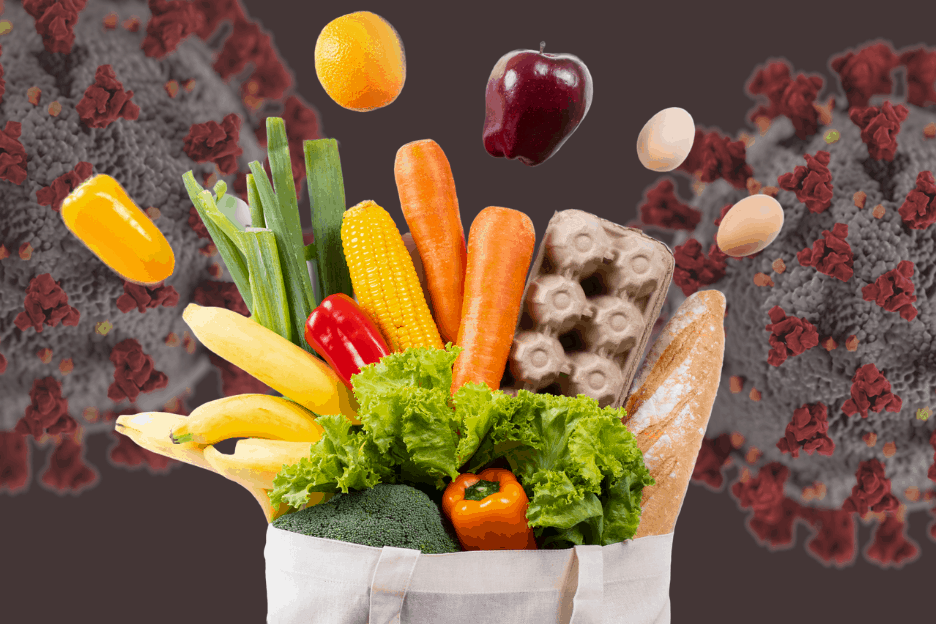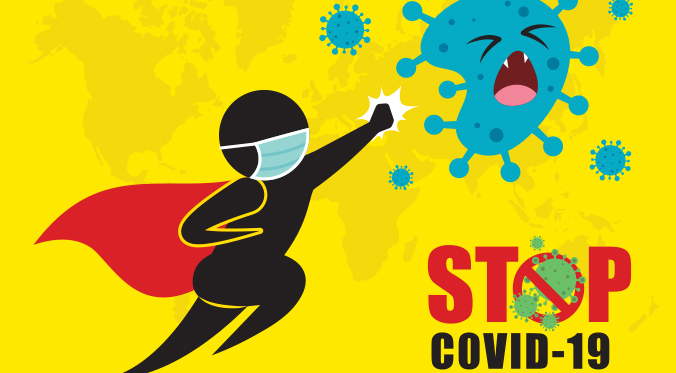According to Mary Ramirez from the Food Protection Program at the South Carolina Department of Health & Environmental Control, it’s important to reiterate that COVID-19 hasn’t been shown to transmit through food.
Dreamstime
We’re learning more and more about the coronavirus and how it’s spread. It’s become a new reality that few of us ever thought we would have to deal with in our everyday lives. You likely know about social distancing and staying home, but what about the food you eat? Can the virus spread from food purchased at the grocery store, delivered to the home, or meals picked up as carry-out? For the answers to these questions and more, we spoke to Mary Ramirez from the Food Protection Program at the South Carolina Department of Health & Environmental Control.
Q) Can the coronavirus be spread through food?
A) At present, the Centers for Disease Control and Prevention do not believe that COVID-19 is spread through food, however, the agency is continuing to investigate this new virus.
Q) How should you wash your fresh foods when you get home from the grocery store?
A) It’s recommended to rinse fresh produce under running water before eating it, even if it has a rind or peel that won’t necessarily be consumed. You can also use a produce brush on firm fruits and vegetables.
Q) What about packaged foods?
A) There is no current evidence of transmission associated with food packaging, however, as an added precaution, you can wipe down product packaging with soap and water and allow it to air dry.
Q) What safety tips do you recommend in the grocery store?
A) Follow CDC guidance for protecting yourself and others in public places like grocery stores, which includes distancing yourself from others by six feet as much as possible; wearing a homemade mask; avoiding touching your eyes, nose, and mouth with unwashed hands; using a hand sanitizer after leaving the store and washing your hands thoroughly upon returning home.
You can also minimize your time in the store by preparing a list of needed items and planning your route through the store. Calculate the amount of food you need to feed your family for a week and be prepared to purchase alternatives or substitutions for items that may be out of stock.
Mary Ramirez is the Training Coordinator for the Food Protection Program at the South Carolina Department of Health & Environmental Control.
Provided
Q) How can you safely order take-out food?
A) While there isn’t current evidence to suggest that COVID-19 is transmitted by food, many of our retail food service establishments are taking extra precautions to protect their customers and their employees. Through proper handwashing, glove use, minimal kitchen staff, distancing, sneeze guards, and other methods, the restaurant industry is doing its part to ensure the safety of our community.
The S.C. Department of Health and Environmental Control continues to work with them to monitor food safety through our Virtual Food Safety Checks. You can learn more about our Virtual Food Safety Checks and the other information and resources we’ve made available to the restaurant community at scdhec.gov/foodsafety.
Q) Can you safely get coffee from coffee shops?
A) Yes, by adhering to the same CDC-recommended precautions for entering public places. Further, as there is no evidence at present to suggest that COVID-19 is a foodborne illness - coffee could be considered safe as it is a non-time/temperature for control food safety product and does not support the transmission of pathogens or viruses.
Q) What about fruits and vegetables that come in bags, should they be rewashed?
A) Washing fresh produce is a good practice, regardless of whether it’s packaged or unpackaged. Rinsing and brushing under running water can remove any residual particles that may be left on the surface.
Q) How can families protect against coronavirus while cooking at home?
A) It’s important to reiterate that COVID-19 hasn’t been shown to transmit through food, however, many foodborne illnesses can occur from improper food handling and preparation. Keeping cold foods stored at 41 degrees Fahrenheit or below; using a thermometer to check for safe cooking temperatures; reheating previously cooked foods to 165 degrees Fahrenheit or above; avoiding cross-contamination, and proper hand-washing procedures are several ways to prevent foodborne illness. The Food and Drug Administration provides additional safe food handling guidance at https://www.fda.gov/food/buy-store-serve-safe-food/safe-food-handling.




0 Replies to “Can The Coronavirus Disease Spread Through Food?”
Leave a Reply
Your email address will not be published.